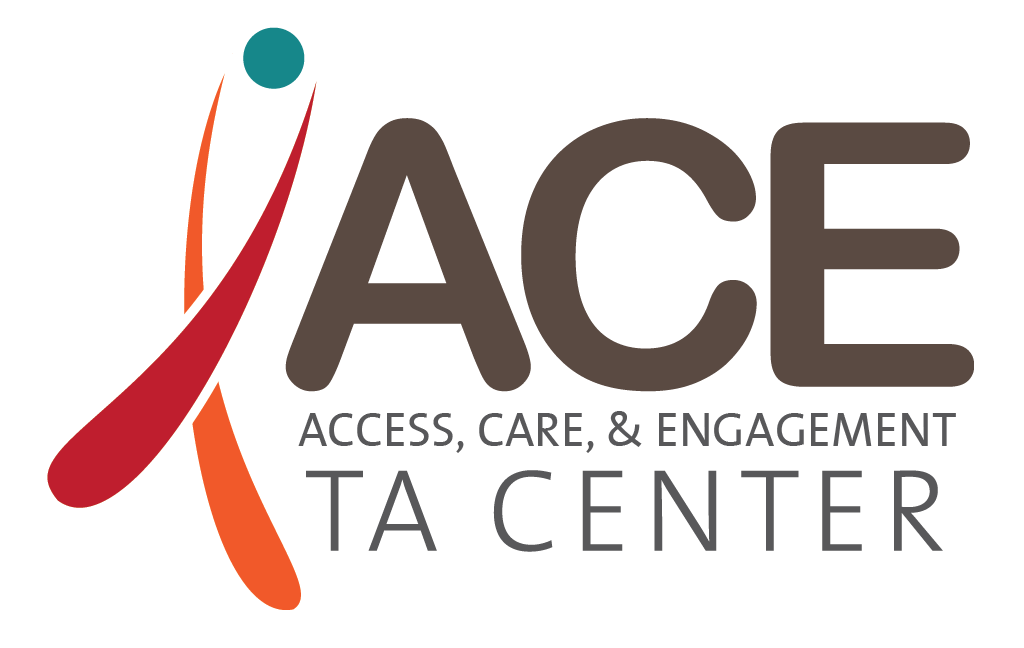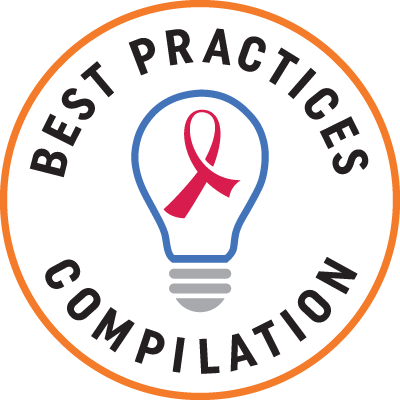Antiretroviral Treatment
Antiretroviral treatment that results in full viral load suppression is clinically beneficial (making it possible to manage HIV as a chronic condition) and significantly reduces the risk of HIV transmission. Federal expert panels now recommend early treatment for anyone living with HIV, and though there are relatively simple regimens available, patients must adhere to them for a lifetime. Monitoring and managing treatment success is a complex task for clinicians. Finally, despite the many advances in recent years, there is still much that is not understood about the long term impact of HIV and HIV medications.
Website
- AETC National Coordinating Resource Center (NCRC)
- National Clinician Consultation Center
- U.S. Department of Health and Human Services
- HRSA Office of Pharmacy Affairs (OPA)
Best Practices
- Best Practices Compilation
Technical Assistance
- The ALAI UP Project will support the implementation and delivery of LAI ART at eight demonstration sites in EHE jurisdictions across the US providing care to underserved populations and communities of color.
 Capacity building for the RWHAP community to navigate the changing health care landscape and help people with HIV to access and use their health coverage to improve health outcomes. Project period: 2022-2025.
Capacity building for the RWHAP community to navigate the changing health care landscape and help people with HIV to access and use their health coverage to improve health outcomes. Project period: 2022-2025.- The central hub of the AETC Program, the clinical training arm of the RWHAP, through HIV curricula, technical support to regional AETCs on practice transformation and best practices, and housing of all AETC-developed tools for HIV clinical staff. Project period: 2019-2024.
Clinician consultation on HCV management, HIV management, perinatal HIV/AIDS, pre-exposure prophylaxis (PrEP), post-exposure prophylaxis, substance use. Project period: 2016-2025.
- The NHC provides ongoing, up-to-date information needed to meet the core competency knowledge for HIV prevention, screening, diagnosis, and ongoing treatment and care to healthcare providers in the United States. Project period: 2020-2022.
- The AETC Program offers clinician education and tailored capacity-building assistance. Project period: 2019-2024.
 Initiative documenting best practice strategies and interventions that have been shown to improve HIV outcomes in a "real world" setting and can be replicated by other programs. Project period: 2021-2024.
Initiative documenting best practice strategies and interventions that have been shown to improve HIV outcomes in a "real world" setting and can be replicated by other programs. Project period: 2021-2024.